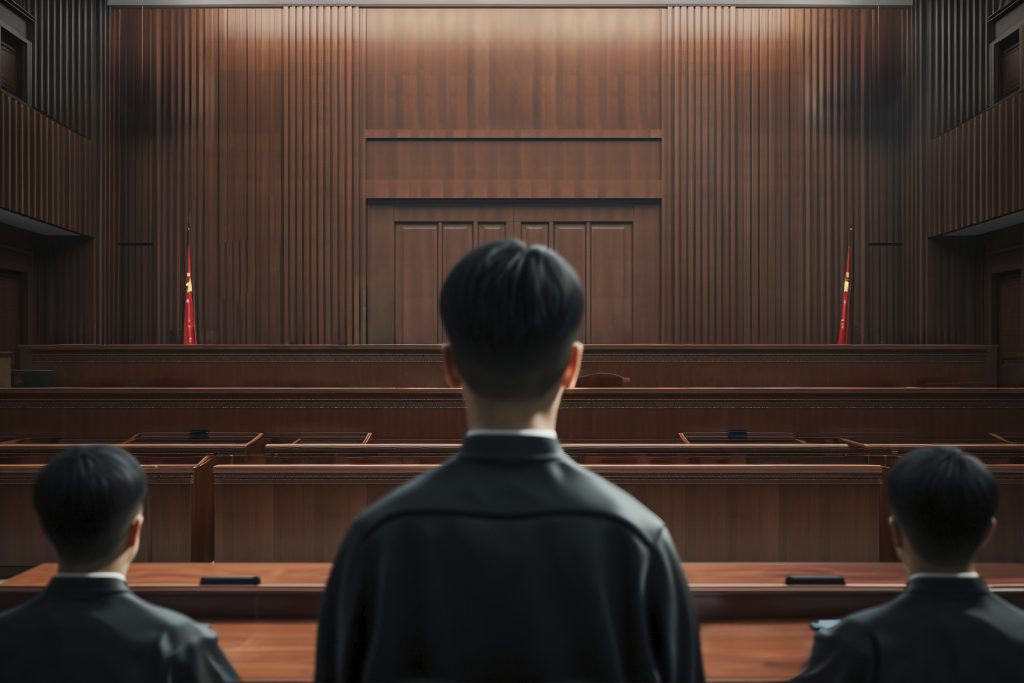The Pillars of Justice: Understanding the Foundation of Law
Law is the bedrock of any organized society, a complex system of rules and regulations designed to govern behavior, protect rights, and ensure a peaceful coexistence among individuals. Far from being a rigid, unchanging entity, law is a dynamic force that evolves with societal values, technological advancements, and the ongoing quest for justice.
At its core, law serves several fundamental purposes:
- Maintaining Order: Without laws, chaos would undoubtedly ensue. Laws provide a framework for predictable behavior, outlining what is permissible and what is not, thereby preventing anarchy and fostering stability.
- Protecting Rights and Liberties: Constitutions and various statutes enshrine fundamental human rights, such as freedom of speech, religion, and the right to a fair trial. The law acts as a shield, safeguarding individuals from arbitrary power and ensuring their inherent dignity.
- Resolving Disputes: Disagreements are an inevitable part of human interaction. The legal system offers mechanisms like courts and alternative dispute resolution (ADR) to settle conflicts peacefully and impartially, preventing self-help justice.
- Promoting the Common Good: Laws are often enacted to address societal problems, regulate industries, protect the environment, and provide essential services, all with the aim of improving the overall well-being of the community.
Branches of Law
The vast landscape of law can be broadly categorized into several key branches:
- Criminal Law: This branch deals with offenses against the state or society as a whole, such as theft, assault, and murder. Its primary goal is to punish offenders and deter future criminal activity.
- Civil Law: Civil law governs disputes between individuals or organizations, focusing on remedies for wrongs rather than punishment. Examples include contract disputes, property disagreements, and personal injury claims.
- Constitutional Law: This area interprets and applies the fundamental principles outlined in a nation’s constitution, defining the powers of government and the rights of citizens.
- Administrative Law: This branch regulates the actions of government agencies, ensuring they act within their legal authority and follow due process.
- International Law: This body of rules governs the relationships between nations, covering treaties, human rights, and the conduct of warfare.
The Legal Profession
The individuals who navigate and uphold the law form a vital part of society. Lawyers, judges, paralegals, and legal scholars all play crucial roles in interpreting statutes, representing clients, presiding over cases, and advancing legal thought. Their dedication ensures that the machinery of justice continues to function effectively.
In conclusion, law is not merely a collection of dusty old texts; it is a living, breathing system that underpins our civilization. Understanding its principles and purposes is essential for every citizen, as it empowers us to engage with our rights and responsibilities, contributing to a more just and equitable world.

